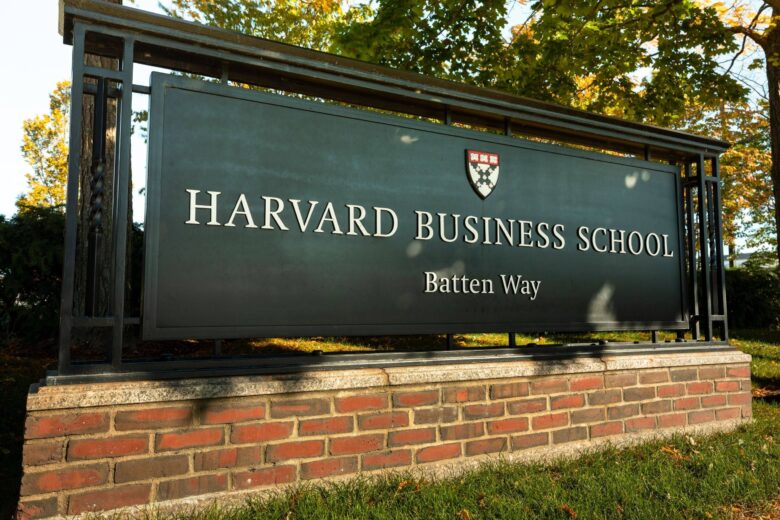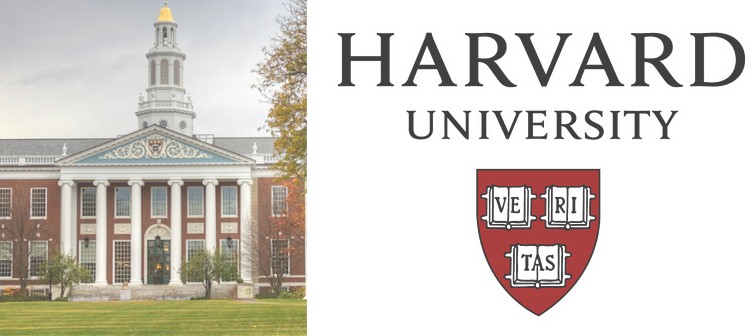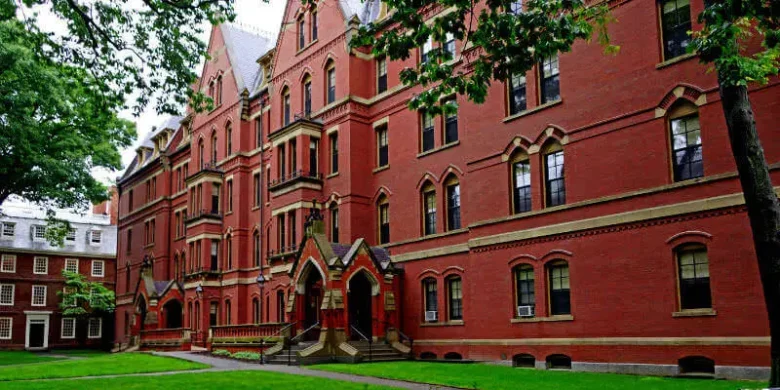So, you applied to Harvard University for your higher education and have landed an interview. Great work! Of course, preparing for an interview with Harvard University can be a daunting task, as the university is known for its rigorous admissions process. However, with the right preparation, you will be able to increase your chances of performing well during the interview and demonstrate why you would be a strong fit for the school.
With that in mind, here are 5 top tips to help you prepare for your interview with Harvard University.

Research the School Thoroughly
Before attending your interview, take the time to research Harvard University thoroughly. This includes familiarizing yourself with the school’s history, academic programs, research initiatives, and extracurricular activities. You should also familiarize yourself with the admissions process and the values that Harvard looks for in its applicants. By doing so, you’ll be better prepared to answer questions about why you’re interested in the school and how you can contribute to the Harvard community. The best way to do this is by visiting an informed website on university applications, like campusreel.org.
Practice Your Responses to Common Interview Questions
While you can’t predict every question that you’ll be asked during your interview, there are some common questions that tend to come up in interviews with Harvard. These include questions about your academic background, your extracurricular activities, your career goals, and your reasons for applying to Harvard. Take the time to practice your responses to these questions so that you can articulate your thoughts clearly and concisely during the interview.
Dress Appropriately and Arrive on Time
First impressions are important in all settings, so it’s essential that you dress appropriately for your interview with Harvard. This will mean wearing professional attire, such as a suit or dress pants and a blouse. Additionally, make sure that you arrive on time for your interview. If you’re interviewing in person, plan to arrive at least 15 minutes prior to the interview time to allow additional room for any unforeseen delays. If you’re interviewing remotely, make sure that you test your technology beforehand to avoid any technical issues that could cause you to be late.

Be Prepared to Ask Questions
During your interview with Harvard, you’ll likely have the opportunity to ask questions of your interviewer. This is a unique chance for you to learn more about the school directly from the source and to demonstrate your interest in attending. Prepare a list of thoughtful, well-researched questions that show that you’re engaged with the school’s mission and values. Examples of questions you could ask include:
- What is the academic culture like at Harvard, and how do students collaborate with each other and with faculty members?
- Can you tell me more about some of the research initiatives or projects that students at Harvard are currently involved in?
- How does Harvard support students who are interested in pursuing careers in [your field of interest?
Be Yourself and Show Enthusiasm
Finally, it’s important to be yourself during your interview with Harvard. The admissions team will be looking for candidates who are authentic, passionate, and engaged with their community. Be enthusiastic about your academic interests and your desire to attend Harvard, and demonstrate your commitment to making a positive impact at both the university and on the world. By showing your genuine personality and your enthusiasm for learning, you’ll increase your chances of standing out from other applicants and being offered admission to Harvard University.
What Are They Looking For?
So, the aforementioned points are all well and good but are nothing more than a proverbial shot in the dark if you don’t know what is expected. If you have gotten an interview at Harvard, it is worth having a bit of a peek behind the curtain to assess what it is that the admissions team is looking for in a candidate.
Harvard University’s interview process is designed to assess various aspects of a candidate’s personality, character, and potential. The interview is not the most important factor in the admissions process, but it is a valuable opportunity for Harvard to get to know the applicant beyond their written application.
So, below are some of the things that Harvard is seeking to assess in the interview process.

Personal Qualities and Values
The interview is an opportunity for Harvard to evaluate the candidate’s personal qualities and values. They may ask questions about the candidate’s interests, passions, and experiences, as well as their strengths and weaknesses. This helps Harvard get a sense of the candidate’s character and how they might contribute to the Harvard community.
Intellectual Curiosity and Academic Potential
Harvard is also interested in evaluating the candidate’s intellectual curiosity and academic potential. They may ask about the candidate’s academic interests, their approach to learning, and their academic achievements, as well as how curious you are as a person. It goes without saying that if you are curious in general about the world or your topic of study, you will have a better chance of being accepted. These values help Harvard assess the candidate’s readiness and potential to thrive academically at Harvard, as well as when you graduate.
Fit With the Harvard Community
Harvard is seeking students who will not only succeed academically but will also contribute to the Harvard community, so don’t assume that if you are a bit different from your peers, that is a bad thing. They may ask about your extracurricular activities, leadership experience, and community involvement. This helps Harvard assess how the candidate might contribute to the Harvard community and engage with their peers.

Communication and Interpersonal Skills
The interview is also an opportunity for Harvard to evaluate the candidate’s communication and interpersonal skills. They may ask questions about your communication style, how you interact with others, and how well you handle conflict. This helps Harvard assess the candidate’s ability to communicate effectively and collaborate with others, which are important skills for success in college and beyond.
Motivation and Potential For Success
Finally, Harvard is seeking to assess the candidate’s motivation and potential for success. They may ask about the candidate’s goals, aspirations, and plans for the future. This helps Harvard assess the candidate’s level of motivation, drive, and potential for success at Harvard and beyond.
So, good luck with your interview!

